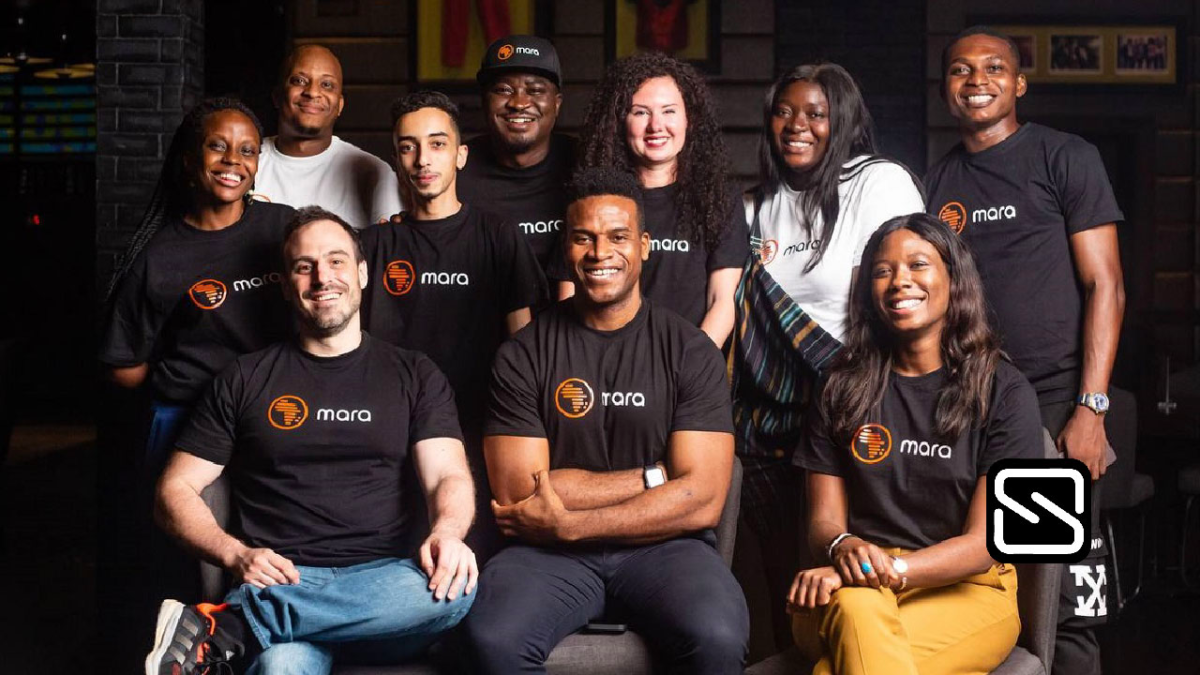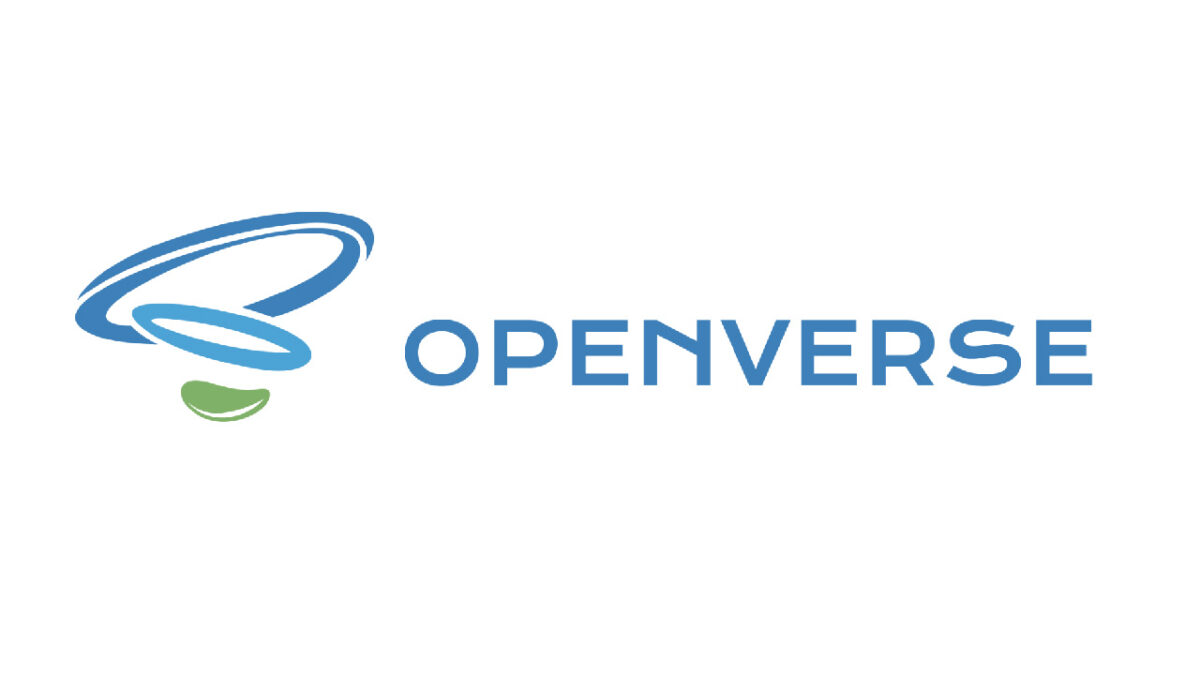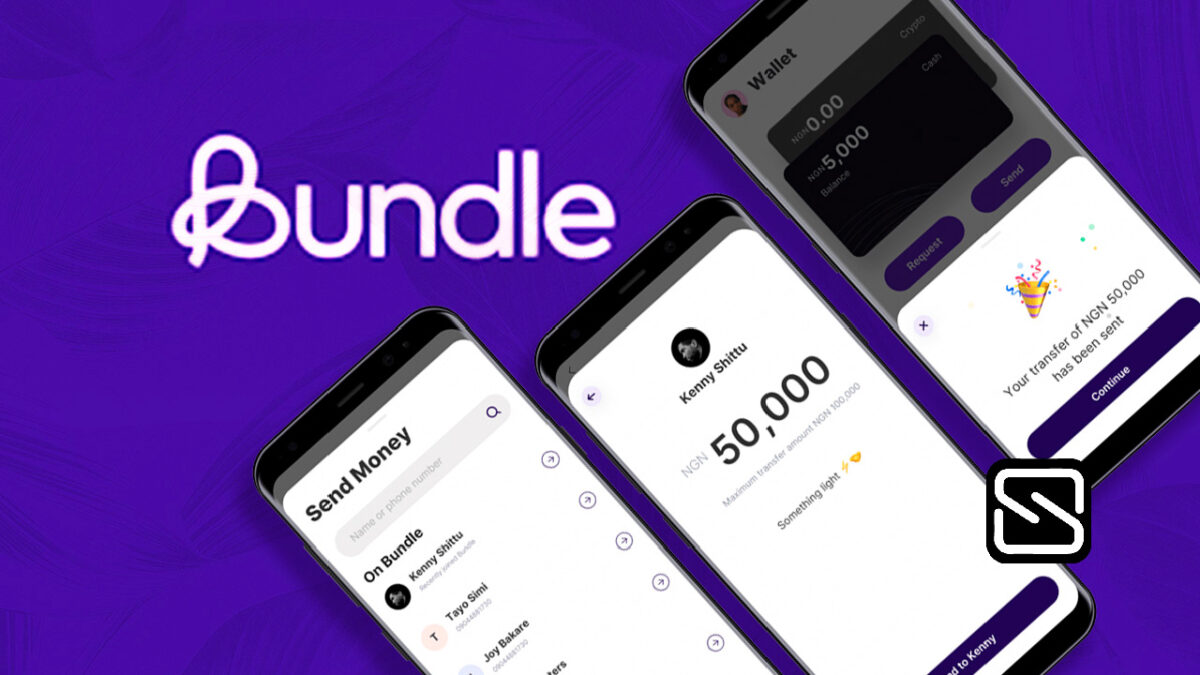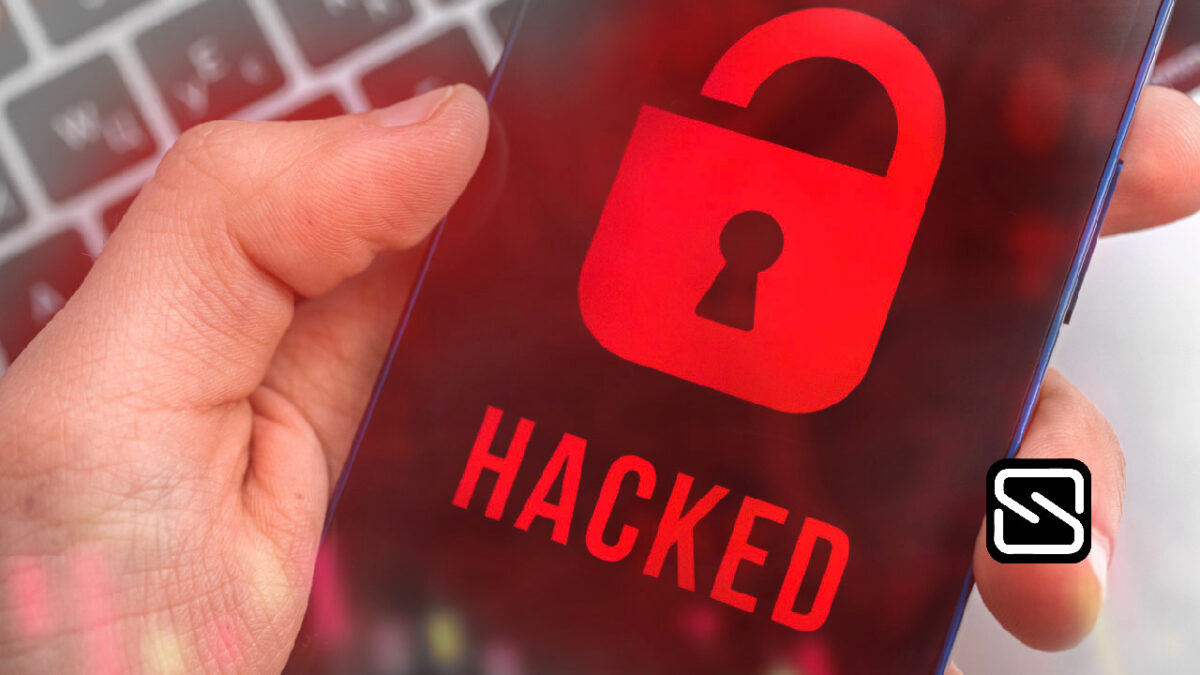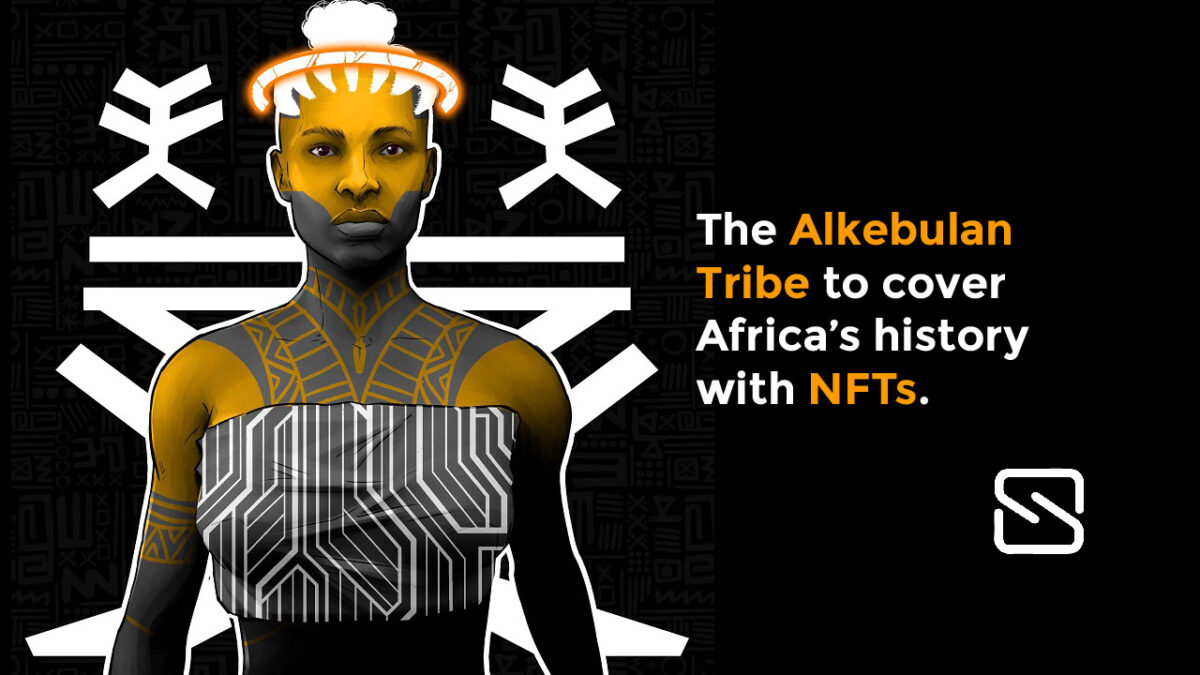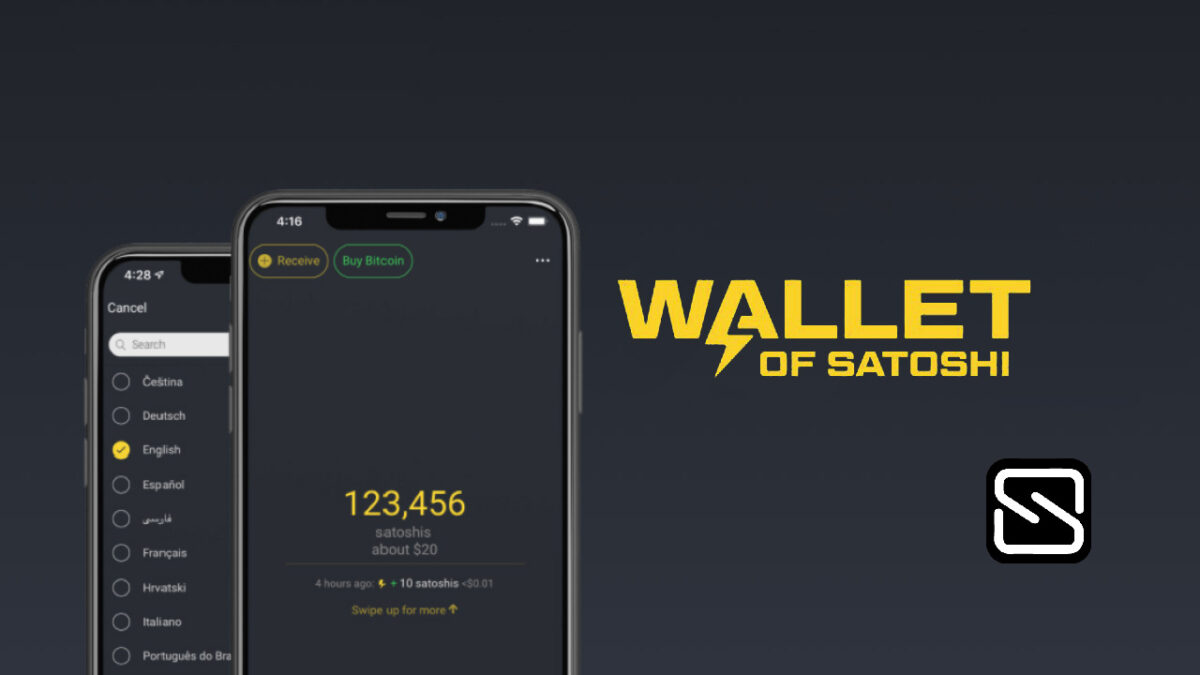Pan-African crypto exchange, MARA, has raised $23 million from investors to fund its mission to sit at the intersection of the emerging government and retail-led crypto adoption in Africa.
The funds were raised through equity and token sale from investors including Coinbase Ventures, Alameda Research (FTX), Distributed Global, TQ Ventures, DIGITAL, Nexo, Huobi Ventures, Day One Ventures, Infinite Capital, DAO Jones and about 100 other crypto investors.
MARA intends to become the go-to network for developers looking to build crypto and blockchain solutions for Africa with the launch of a number of products including a custodial retail crypto wallet, a pro-exchange for professional traders and a layer-one blockchain.
The startup will first launch in Kenya and Nigeria with the retail app in July before expanding to other African countries. The pro-exchange will come shortly after and the company says the MARA chain is expected to go live in the fourth quarter of this year.
In a market with a number of heavyweights already involved, MARA will have to compete with the reigning, well-funded market leaders including Binance and Crypto.com as well as local players like Yellow Card.
These existing exchanges offer a wide range of services needed for crypto use in Africa but have faced resistance in the form of regulatory red-tape that they have had to innovate around to continue operating.
Many African countries forbid local financial institutions from doing business with cryptocurrency companies, making it difficult to develop on-ramp and off-ramp solutions on local payment rails. In Uganda for example, the Bank of Uganda in late April denounced cryptocurrencies as reported here.
Many crypto exchanges serving African users have built peer-to-peer trading systems for on- and off-ramp purposes. Others use alternative means such as gift cards to help users get in and out of crypto.
MARA co-founder and CEO, Chi Nnadi believes that his company is better positioned to work with regulators from its product development process to help bring blockchain’s numerous use-cases to reality in a scalable way.
According to Nnadi, building a crypto exchange involves interacting with regulators, who are at a critical point where they have to understand how to adopt crypto and how they are going to regulate it.
“One of my core competencies is sitting with regulators, understanding their pain points, and understanding how their life has changed dramatically in the last 20 years with tech adoption. We are aligning ourselves as a point of education for regulators to educate them in the same way we’re educating the masses about the benefits of blockchain technology,” Nnadi said.
For Nnadi, MARA exists to plug the gap between regulators who are held back in their thinking by 20th-century systems and the young population looking at new technologies in order to build new scalable and sustainable structures.
Using an example of how MARA intends to work with governments to help boost crypto and blockchain adoption, Nnadi shared,
“We’re running hackathons on digital ownership of patient records. These are the type of solutions that a 25-year-old blockchain engineer can build. But if there isn’t that sort of through-line or a bridge point to the government to healthcare organizations, it makes it harder for these use cases to just scale.”
Without going into details, Nnadi hinted at conversations to aid crypto adoption in a number of African countries that are all at different regulation stages including Kenya, Uganda, Nigeria and the Central African Republic which has been in the headlines since its announcement of Bitcoin adoption.
